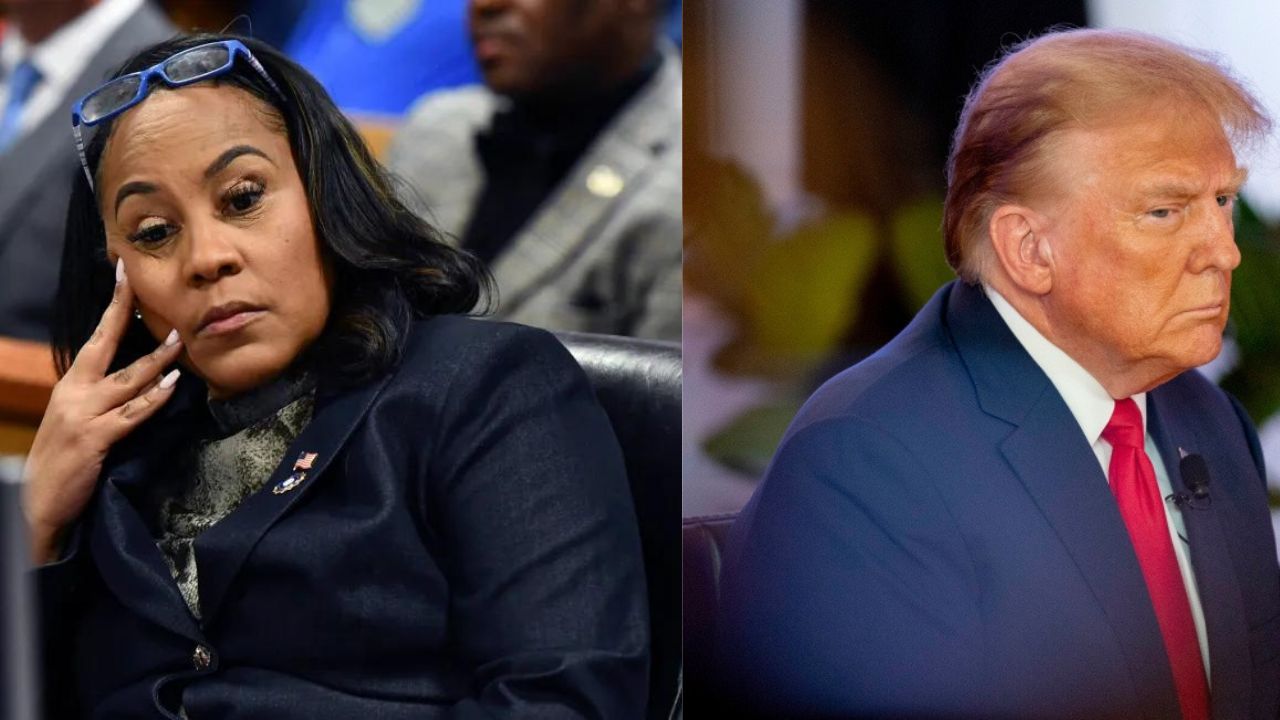Judge Scott McAfee ruled on Friday that Fulton County District Attorney Fani Willis can continue prosecuting the Georgia 2020 election interference racketeering case against former President Donald Trump and 14 other defendants. However, the judge stipulated that she must remove the special prosecutor with whom she was romantically involved.
Following over two months of intense legal proceedings, including impassioned testimony from Willis defending her relationship with Nathan Wade, the extensive conspiracy case against Trump and his allies from the 2020 election can proceed, contingent upon Willis’ decision.
The ruling signifies the end of a contentious two-month diversion that dragged the election subversion case into the personal lives of the prosecutors. However, it casts a shadow over one of the four prosecution teams handling charges against the former president.
Although McAfee permitted Willis to remain on the case, the recent public hearings on the disqualification issue brought forth deeply personal revelations. These revelations have the potential to impact how the public, as well as potential jurors in Atlanta, perceive the prosecution moving forward.
McAfee strongly criticized the relationship between Willis and Wade, labeling it as a consequence of “poor choices.”
“This determination does not signify the Court’s approval of this significant lapse in judgment or the unprofessional conduct exhibited by the District Attorney during the evidentiary hearing,” McAfee stated.
Nevertheless, the judge emphasized that under Georgia law, the mere act of making poor choices, even repeatedly, does not constitute grounds for establishing an actual conflict.
The judge characterized Willis’ impassioned testimony during last month’s hearings regarding her potential disqualification as “unprofessional.” McAfee noted that although Willis didn’t keep records of payments she claims to have made to Wade for reimbursing vacation expenses, her assertion of repaying him in cash “was not inherently implausible.”
“While such a reimbursement method may be unconventional and the absence of documentary evidence understandably troubling, the testimony remained unrefuted and was supported by other evidence,” McAfee remarked.
The judge highlighted that Willis failed to produce a ledger documenting her alleged payments to Wade, noting that the district attorney might have ultimately benefited by several hundred dollars.
Nonetheless, McAfee stated, “the Defendants have not provided adequate evidence suggesting that the expenses were not ‘roughly divided evenly.'”
“Furthermore, and of greater significance,” McAfee continued, “the Court concludes, primarily based on the testimony of the District Attorney, that the evidence shows the financial benefits resulting from her relationship with Wade did not influence the District Attorney’s decision to pursue charges and prosecute this case.”

